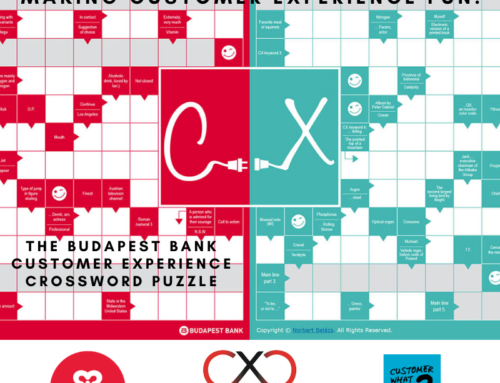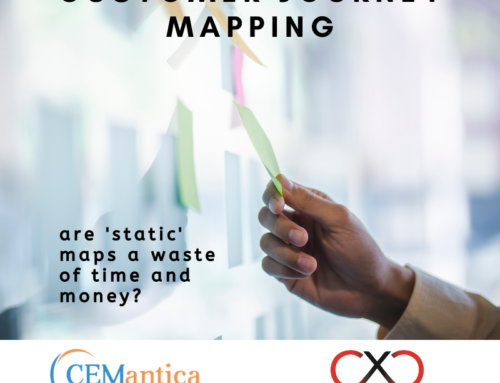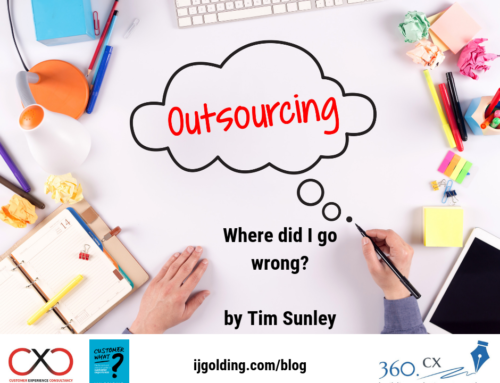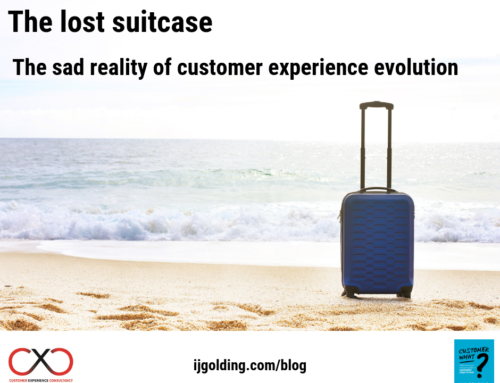
My eldest daughter Ciara is 10. When she came into the world, Facebook did not exist. It was still just an innovative idea being developed in the mind of its founder, Mark Zuckerberg. A little over three years ago, the iPad did not exist. First launched in April 2010, it is hard to remember what life was like without tablet devices. If we look further back in advancements in technology, it was only in 1993 that Mosaic became the web browser credited with popularising the World Wide Web.
Technology is advancing so quickly, it is almost as though it has created a time dimension of its own. I am constantly in awe of the genius minds that are able to create things that continually make our lives easier. Every time new technology is introduced into our lives, the majority of the time it is simplifying or speeding up our ability to do things that we need to do on a daily basis. That is why technology has become such a fundamental and vital ingredient in an organisations ability to deliver better customer experiences.
A few months ago, I came across an amazing ‘infographic’ created by Intel (see below). It is astonishing how the evolution of technology is transforming our lives – at work and at home. 204 million emails are sent every minute of every day. 20 million photos are viewed online – every single minute. By 2015, the number of connected devices will be twice the number of the global population!!! Hands up if you have more than three devices that can connect to the internet?!

Technology, both physical (i.e. products), and online is changing our culture. It is changing the way we behave, and what we expect when we interact with organisations. According to Forrester, it is estimated that by 2015, 48% of consumers will access the internet every day on their phone, 74% by 2020. Forrester, like many research experts point to the advance in mobile technology as the most significant of all innovation in the next few years:
- 37% of mobile users browse product information and check prices and offers, while 17% have buy products/services on their phones
- 8% of Tesco.com grocery orders involve the iPhone app at some stage
- 4% of Ocado.com sales come through their iPhone app
- eBay saw mobile users to generate approx $2 billion in transactions in 2010
Yesterday, I spotted an article whilst travelling down to London in Metro newspaper. According to them, 1 minute in every 12 is spent online. The numbers are staggering. Apparently, on average, we touch our phones at least 150 times a day! I am sure Mrs Golding would argue that I am on my phone far more often than that!
This calendar year, consumers are expected to spend $2.1 trillion (I am not sure how many zeros that constitutes!) on mobile phones, computing and entertainment, media and other smart devices, the services that are required to make these devices connected to the appropriate network, and software and media content that are consumed via these devices. It is not hard to see why this is happening.
I think that all of this makes it clear that it is therefore vital for all organisations to consider whether or not the technology that powers their customer journeys is in line with the quickly changing expectations of customers. I recently conducted some independent research on the ‘things that are important to customers’ when interacting with organisations. Although I have not yet concluded my analysis of the results, the following are looking like being the top three most important requirements:
- Competitiveness – you must be!
- Reliability – you must do what you say you will and keep your promises
- Ease – you must be easy to do business with
These three expectations are driven by a number of factors. Societal and economic issues are obviously at play. Yet it is technology that is best placed to positively effect all three of these needs. Technology is making it more economical for companies to provide services to customers. Technology is having a huge affect on our ability to transact with businesses. We can do almost everything and anything we want with a smart phone – from shopping, to watching a movie, to paying for goods or services to name but three. Reliability is a greater challenge, that although aided by more sophisticated technology, is reliant on business processes being designed and managed appropriately to deliver the required expectation. There is also the problem that in many cases, customer technology is more advanced than the business they are transacting with.
This is one of the greatest challenges that businesses must address – and now. If your employees do not have access to the same technology your customer does, it is likely that they will be unable to deliver the customer journey your customer expects. If your customer is researching information online, but your contact centre is unable to access the internet, your customer is one step ahead of you. Sustaining and growing a business in today’s economy is tougher than ever before. We live in a world of the ‘connected customer’ who has changed the rules of business engagement. Competition is therefore bigger than ever before.
Last week I had the pleasure of delivering a presentation on this subject to a technology company and their clients. I was asked if ‘technology can change culture?’ My reply was as follows:
For us, the consumer, it already has……..
For our businesses………’no change’ is no longer an option
As a closing thought, when talking about change in culture and consumer behaviour, I am always reminded of something the brilliant Dr Nicola Millard, BT’s Customer Experience Futurologist, said at a conference last year. It used to be that when your children were naughty, you could send them to their bedroom as a punishment. Today, they WANT to be sent to their room – that is where their technology lives. What we must do today to discipline our children is ‘disconnect them’!
As always, your thoughts on this or any of my blog posts are encouraged and very welcome.







There are some great statistics here Ian! While no one knows what the future will look like, customer service teams need to be flexible, adaptable and equipped with the right technology to provide customers with a superior experience. But in some new channels, such as mobile, they still seem to have a way to go. Our own recent research found that the majority (52%) of UK consumers are unhappy with the mobile experience they currently receive from half or more of companies – there’s a definite disconnect between expectations and delivery. More stats on this in the Eptica blog at http://eptica.wordpress.com/2013/09/20/the-mobile-customer-experience-failing-to-deliver/
Thank you for your kind words Zuzana, and for sharing the link to the Eptica blog – there is some great content on there!
[…] Only a couple of weeks ago, I wrote a blog post on the subject of technology and how it is having such a significant influence on the customer experience. If you did not get the chance to read it, you can do so here – https://ijgolding.com/2013/10/08/facebook-is-not-even-10-years-old-how-technology-and-innovation-is-i…. […]